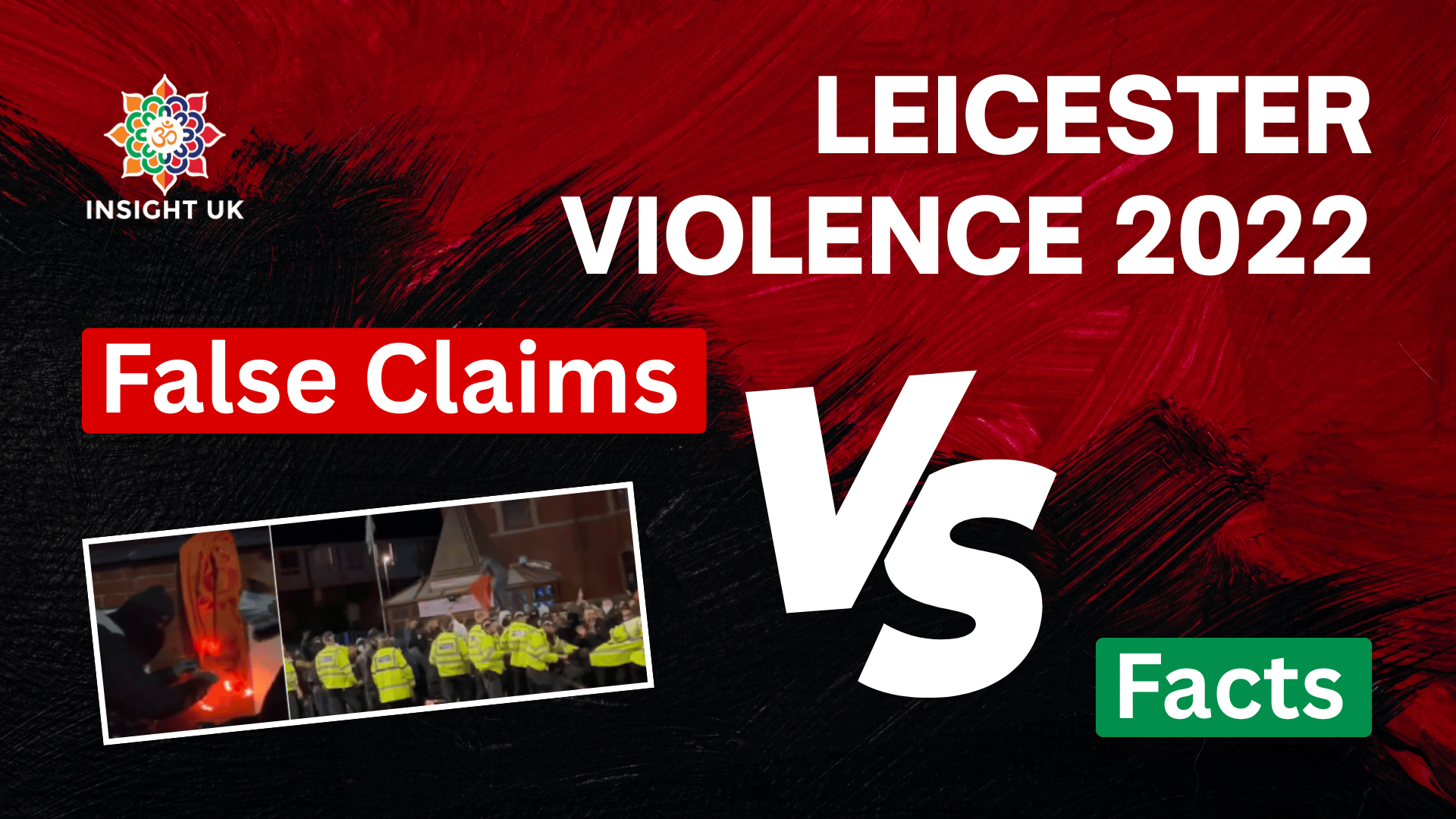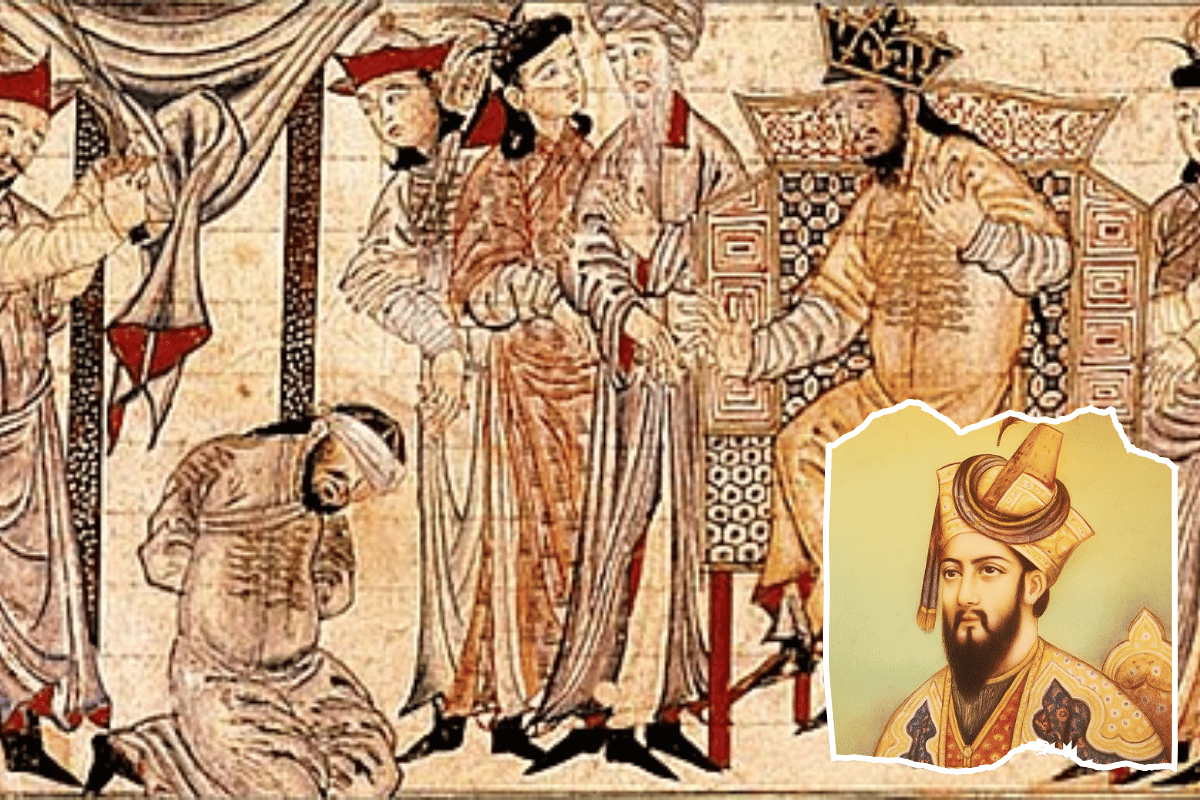
In 2010, the UK government attempted to introduce legislation to recognise caste-based discrimination as part of the Equality Act. While framed as a progressive step toward social justice, the proposal was met with widespread concern and resistance from British Hindu, Sikh, and Jain communities.

Many British Hindus saw the legislation as a direct attack on their religious identity and a misrepresentation of their values.
The core of their objection was that the law unfairly associated Hinduism with casteism, reviving outdated colonial stereotypes that continue to stigmatise the faith. The assumption that caste is an inseparable part of Hindu life deeply offended a modern British Hindu population that overwhelmingly does not practice or support caste-based divisions. For many second- and third-generation British Hindus—who have grown up in an egalitarian society—the legislation felt like an accusation based on cultural heritage, not lived reality.
Further concerns were raised over the lack of a clear legal definition of “caste,” making the proposed law vague and susceptible to misuse. Community leaders feared that the law would open the door to false accusations, create unnecessary divisions within already harmonious South Asian communities, and empower individuals or institutions with anti-Hindu bias to act under the cover of legal protection.
Despite the legislation ultimately being overturned by the House of Commons after initially passing in the House of Lords, the episode left a lasting impact. Many British Hindus now view the attempt as part of a broader pattern of state-sanctioned targeting under the banner of equality and inclusion. They worry that similar policies could resurface—laws that, while appearing neutral on the surface, disproportionately affect Hindus by selectively problematizing their cultural and religious practices.
This concern has only grown in recent years as narratives around “Hindu nationalism,” caste, and Hindutva have become entangled with discussions on extremism and security threats, often without proper context or community engagement. British Hindus fear that future legislation could weaponise complex cultural or theological ideas against them, embedding legal and institutional biases that isolate them further from public discourse.
The resistance to caste legislation was not a rejection of equality but a demand for fairness. The Hindu community has repeatedly emphasised that existing anti-discrimination laws already protect against all forms of prejudice and should be applied universally rather than creating community-specific rules that feed harmful perceptions. For British Hindus, the caste bill served as a warning of how legal systems—however well-intentioned—can be co-opted into tools of marginalisation when based on flawed assumptions and cultural ignorance.









